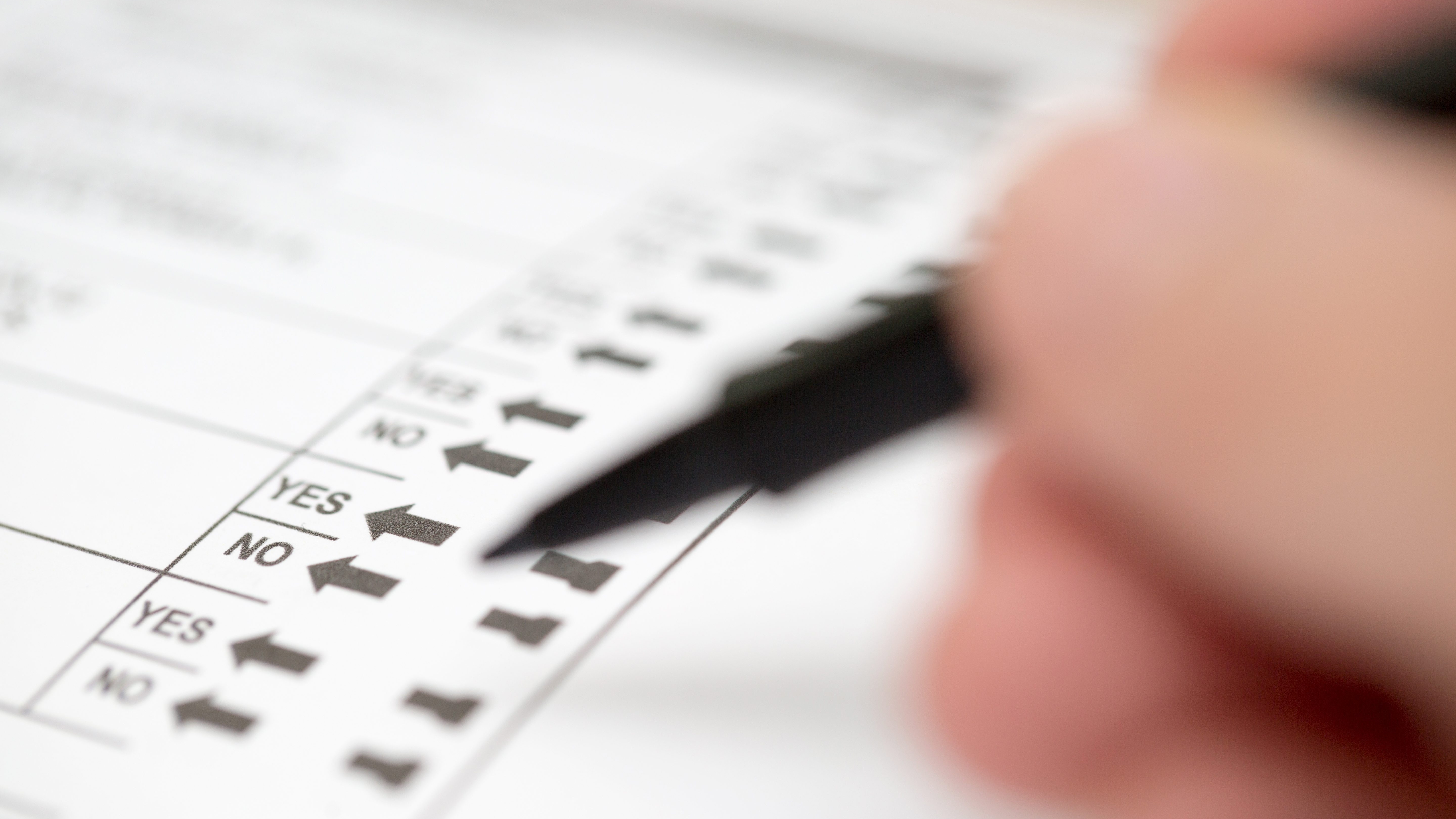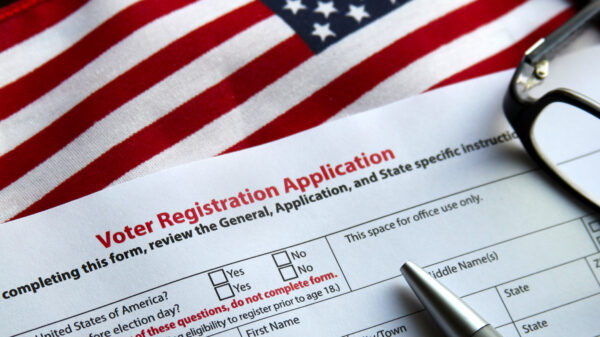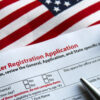The Secretary of State’s office announced Thursday that it has discovered 398 violations of Alabama’s new crossover voting rules in the 2018 election cycle.
At the conclusion of the 2017 United States Senate Special Election Run-off, the Alabama Secretary of State’s Office reviewed a formal, routine election report indicating that 140 individuals had been given credit for voting in the Democrat primary election on August 15th and then voting in the Republican run-off election on September 26. This action, termed crossover voting, is an action which would violate the State’s new crossover voting law (Act No. 2017-340).
After reviewing the report, Secretary of State John Merrill (R) identified the local chief election official – the Probate Judge, as the proper authority to determine whether those listed were willful in their intent, negligent, or whether these findings were listed in error in each county where the incident occurred. In each of the 41 counties, the probate judges determined it was not necessary to prosecute any of the 140 individuals found to have violated the crossover voting law.
Following the conclusion of the 2018 Run-Off Election, Secretary Merrill directed the Elections Division to review the list of 398 voters that were found to be in violation of the crossover voting law and compare that list with the list of 140 voters from the 2017 Senate Special Election. Once this review was completed, it was determined that only one voter was found to have potentially violated the law in both 2017 and 2018.
Secretary Merrill then personally visited with and interviewed the person found to have potentially violated the law. At the conclusion of that visit, it became clear to Secretary Merrill that either the poll workers or a county registrar improperly marked the wrong political party in processing the voters’ primary voter participation credit. Due to this information, Secretary Merrill determined further legal action was not necessary, at this time.
No one has been prosecuted for crossover voting, however, under Alabama law it is illegal to vote in both a party primary and then vote in another party’s primary runoff. In the general election, voters are allowed to vote for candidates from both parties and/or independent or minor party candidates. 66 percent of Alabamians straight party voted in the 2018 election. Alabama does not have party registration, so any voter is allowed to participate in the party primary of their choice.
In the 2017 special election, former Chief Justice Roy Moore (R) faced appointed U.S. Senator Luther Strange for the U.S. Senate. In 2018, there were Republican runoffs for Lt. Governor, Attorney General and other offices.



















































